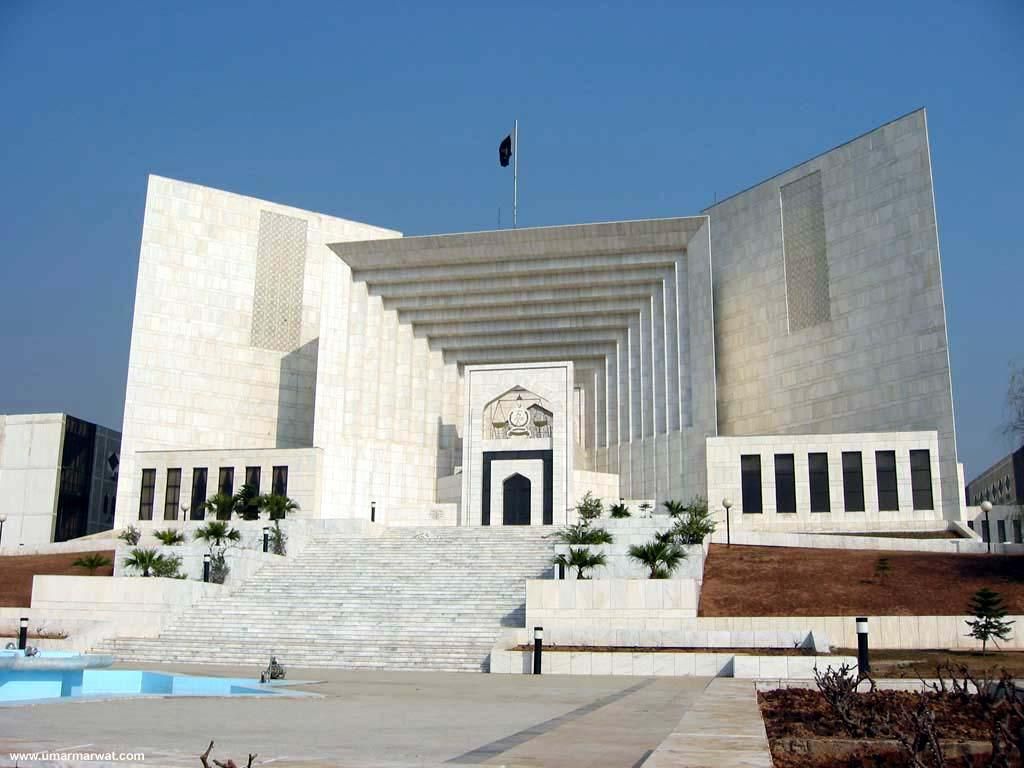Pakistan’s Controversial Constitutional Amendments Explained
The proposed constitutional amendments in Pakistan have sparked heated debate, with opposition parties and experts claiming that the changes could undermine the judiciary’s independence. These proposals come as the government of Prime Minister Shehbaz Sharif attempts to gain more control over the legal system.
Government vs. Opposition Clash
The proposed amendments, dubbed the “Constitutional Package,” have been at the center of a political standoff between the ruling coalition and the opposition, primarily led by the Pakistan Tehreek-e-Insaf (PTI) party. PTI, whose leader Imran Khan is currently jailed, has strongly opposed the changes, calling them unconstitutional. The government has yet to share a draft of the amendments with the opposition or the media, causing further concern.
Key Proposals of the Constitutional Amendments
Among the more than 50 proposed amendments, many are related to the judiciary. Key highlights include:
- Creation of a Federal Constitutional Court: A separate court to handle constitutional matters, reducing the Supreme Court’s role in such cases.
- Judges’ Retirement Age: The retirement age for judges in the Constitutional Court would be raised to 68, compared to 65 in other courts.
- Term Limits for Judges: Judges in the Constitutional Court would have a three-year term limit.
- Appointment of Judges: The president, on the prime minister’s recommendation, would appoint the chief justice of the Constitutional Court. Currently, a Judicial Commission handles Supreme Court appointments.
- Revisiting Voting Rules: A proposal to overturn a Supreme Court ruling from May 2022, which prohibits legislators from voting against their party line.
Numbers in Parliament: Why the Amendment Stalled
Amending Pakistan’s Constitution requires a two-thirds majority in both houses of parliament. In the National Assembly, the government needs 224 votes but has only managed 214, even with the support of additional members. Similarly, in the Senate, the government is still seven votes short of the required 64.
Opposition’s Concerns: Targeting PTI?
The PTI argues that the amendments aim to weaken the judiciary and pave the way for banning the party. They claim the government wants to appoint judges loyal to them in order to manipulate legal decisions, especially those involving PTI and its leader, Imran Khan.
Expert Opinions on the Amendments
Experts warn that these amendments could alter the balance of power between the executive and judiciary, with concerns about the timing. With Chief Justice Qazi Faez Isa retiring soon, many believe the government is trying to influence future judicial appointments.
Additionally, there are concerns that the proposed changes would limit the Supreme Court’s authority while granting military officers immunity in cases related to national security.
Conclusion
The proposed constitutional amendments have become a contentious issue in Pakistan’s political landscape. The opposition fears that these changes could weaken the judiciary and erode democratic processes, while the government argues that they are necessary reforms. As the debate continues, it remains to be seen whether the amendments will pass and how they will reshape the country’s legal and political systems.





